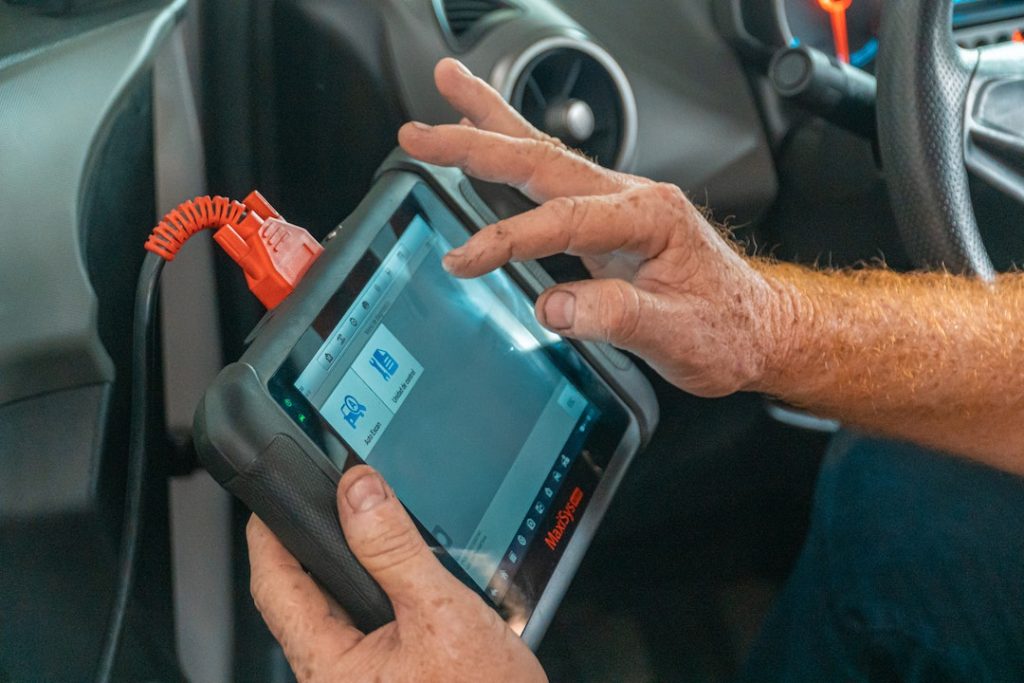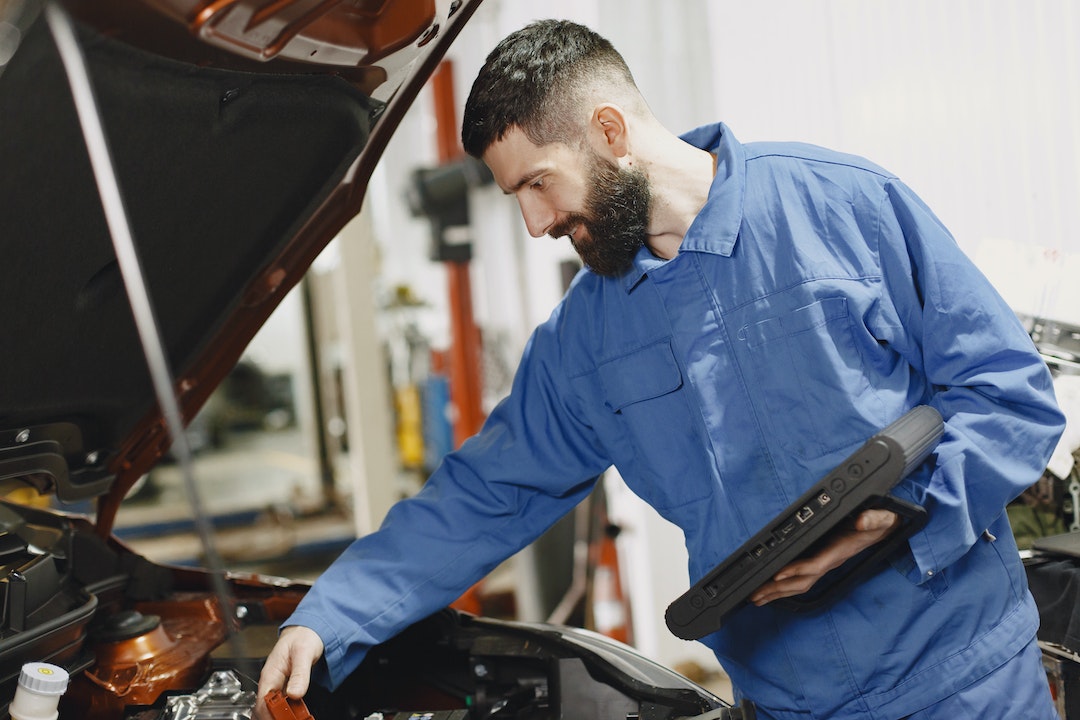A car appraisal is an evaluation of a vehicle’s worth based on its condition, features, and market value. The purpose of a car appraisal is to determine a fair market value for a vehicle. This is particularly important when buying or selling a car, as well as when seeking insurance coverage. This post will go over the fundamentals of automotive assessments and what you need to know to get the most out of the procedure.
Steps Involved in a Car Appraisal
Inspection of the Car
The first step in a car appraisal is to inspect the vehicle. This includes a close examination of the car’s exterior, interior, and hood. The appraiser will look for signs of wear and tear, any damage, and the overall condition of the car. This is a critical step in determining the car’s value.

Evaluation of the Car’s Condition
Once the car has been inspected, the appraiser will evaluate its condition. This involves looking at factors such as the car’s age, mileage, and any special features or modifications that may affect its value. For example, a car with a high-performance engine or unique modifications will likely be worth more than a standard model.
Research of Market Value
The next step in a car appraisal is to research the market value of the vehicle. This involves looking at current market trends, comparable sales of similar vehicles, and other factors that can influence a car’s value. The fair market value of the car is then calculated using this data.
Consideration of any special features or modifications In addition to evaluating the car’s condition, the appraiser will also take into account any special features or modifications that may affect its value. This can include things like custom paint, aftermarket wheels, and performance upgrades. These features can increase the car’s value, and the appraiser will consider them when determining the final value.
Factors that Affect the Value of a Car
Age and mileage.
The age and mileage of a car are two of the most significant aspects that influence its value. The older the car, the lower its value, and the higher the mileage, the less it will be worth. This is because wear and tear on the car can reduce its value over time.
Brand and model
Another factor that affects a car’s value is the brand and model. Certain brands and models have a reputation for quality, reliability, and performance, which can impact their value. For example, a luxury brand car will typically be worth more than a standard model car.
Condition of the car
The condition of a car is another important factor in determining its value. A well-maintained car in good condition will generally be worth more than one that has been neglected or damaged.
Location and demand
The location and demand for a particular type of car can also affect its value. For example, a car that is in high demand in one area may be worth more than a similar car in another location where there is less demand.
Any accidents or damage history
Finally, the appraiser will take into account any accidents or damage history that the car has experienced. This can include things like dents, scratches, and other cosmetic damage, as well as more serious issues like frame damage or engine problems. These factors can significantly reduce a car’s value.
Types of Car Appraisals
Pre-purchase Appraisals
A pre-purchase appraisal is done when a buyer is considering purchasing a used car. This kind of evaluation is designed to give the buyer a precise estimation of the car’s value so they can decide whether or not to move forward with the purchase. This type of appraisal is especially important for used cars, as there may be hidden issues that could impact the car’s value.
Insurance Appraisals
An insurance appraisal is done for the purpose of determining the value of a car for insurance purposes. This is particularly important when insuring a classic or collectible car, as the value of these vehicles can fluctuate greatly. The insurance company will use the appraisal to determine the amount of coverage to provide for the vehicle.
Estate Appraisals
An estate appraisal is done when a car is part of an estate and needs to be appraised for legal or tax purposes. This type of appraisal will take into account the car’s market value as well as its sentimental value to the estate.
Classic Car Appraisals
Classic car appraisals are done for collectible and antique cars. This type of appraisal will take into account the car’s condition, rarity, and historical significance, as well as its market value. Classic car appraisals are typically done by experts in the field who have a deep understanding of the market for these types of vehicles.
How to Get a Car Appraisal
Hiring an Appraiser
One option for getting a car appraisal is to hire an appraiser. This can be especially helpful for more complex appraisals, such as those for classic cars. An appraiser will have the expertise and knowledge to accurately assess the value of the car and provide a comprehensive report.
Using Online Appraisal Tools
Another option for getting a car appraisal is to use online appraisal tools. These tools can provide an estimate of the car’s value based on information entered into the system. While online appraisal tools can be a useful starting point, it is important to remember that they are not always accurate and may not take into account all of the factors that can affect a car’s value.
Consulting with a Dealership or Automotive Expert
Finally, you can also consult with a dealership or automotive expert to get a car appraisal. Dealerships often have access to current market information and can provide an estimate of the car’s value. Automotive experts, such as mechanics or car enthusiasts, may also have a good understanding of the market and can provide valuable insights into the car’s value.
Conclusion
Car appraisals are a crucial part of the car buying and selling process, as they provide a thorough evaluation of a vehicle’s worth and value. Whether you are considering a pre-purchase appraisal, an insurance appraisal, an estate appraisal, or a classic car appraisal, it is important to choose a professional appraiser who has the knowledge and experience to accurately assess your car.
By having a clear understanding of your car’s value, you can make informed decisions about purchasing, selling, or insuring your vehicle and ensure that you are protecting its value over time. Whether you’re a car collector or enthusiast or you’re just looking to purchase or sell a car, a car appraisal may give you the knowledge you need to safeguard your investment and make wise decisions.












